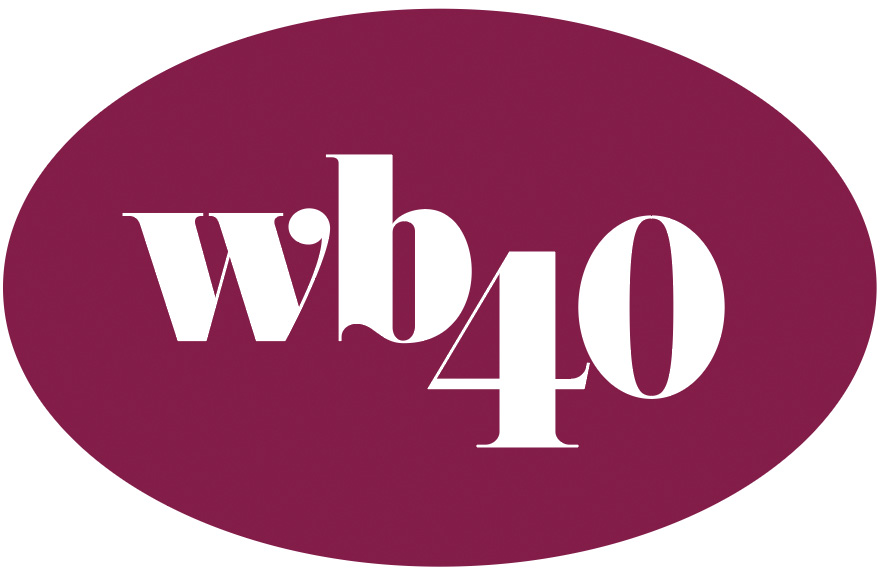Australian indie folk artist Eliza Hull is known for her stirring lyrics and haunting vocals and it’s not hard to understand why she has a huge loyal following. Eliza is a proud disabled artist having lived with a neurological condition called Charcot-Marie-Tooth since she was five years old which effects the way she walks and causes muscle and sensory loss. She understands through lived experience that representation matters and would like to see more accessibility in music venues for both artists and fans. Eliza was recently named as a finalist in the 2021 Australian Women In Music Awards. Eliza, a soulful singer/songwriter, shares chats with us about her journey in the music industry and we’re looking forward to her next EP.
How long have you been writing music and singing? How did you first get into music?
I started singing when I was five years old and wrote my first song when I was fourteen. I was given a piano by a family friend who passed away and began to write songs whenever I was feeling like I needed to get something out. This helped me so much during my teenage years!! When I moved to Melbourne when I was eighteen I started studying Media at RMIT University but music kept calling my name. I knew that’s what I really wanted to do, so I deferred university and dedicated my time to writing, recording and performing music. Was a wonderful couple of years, luckily I did go back and finish my Media degree as now I have both in my life. I am a reporter for ABC Audio News and Current Affairs & I am a singer-songwriter.
What has music brought to your life?

Where do I start? It’s given me a vehicle to express hard feelings and emotions. It’s given me a way to share what I am thinking and feeling, and given me a platform to advocate for people with disabilities. I have met incredible people and formed a community I am proud of being part of. It’s given me confidence in speaking my mind. It’s also just given me a sense of purpose and a whole heap of joy!
Has Covid-19 impacted your career or the way you create?
It’s given me more time to go inward and reflect so I have had the chance to write the songs for my next EP. I have had shows cancelled though which has been hard. I really miss live music and being on stage!
How did you get into the music industry?
When you create music and release it as I do, I guess that automatically means you’re in the music industry. It’s an industry that I am really proud of being part of, one that is rapidly evolving and for the better!
Is your relationship with music the same now as it was before breaking through?
I have been thinking about this a lot lately. Just recently I opened up some old journals and noticed how creative and free I was in the way I expressed myself lyrically. I think when you know you’re going to release something into the world it can be scary. I am working on my new EP at the moment and I am trying to push through this fear. I want to go back to my younger self where I just expressed myself freely, I had no boundaries put in place, this is where I want to get back to.
What’s been the greatest highlight about your career so far?
Singing at the Natural History Museum in London was incredible! To be on those steps performing in that incredible space was so beautiful. Curating the recent ‘Accessible All Areas’ live stream with Isolaid was also great, to see people responding to that during a pandemic was really affirming. It was representing musical artists with disability, something I am very passionate about.
As a proud disabled artist, what are the challenges you’ve faced in the Music industry (if any)?
Attitudes! People staring or making judgment. Also physical barriers such as stairs so I can’t access the backstage area, or get up onto the stage. I remember I used to dread performing when I didn’t know what the stage was going to be like, it made me so incredibly nervous. Since learning about disability and ableism I now ask the venue before I perform whether the stage is accessible and whether it’s accessible for audiences.
Why is inclusive representation in the industry important to you?
Almost 20% of the population in Australia have a disability, yet there is still a lack of representation of musical artists with disability. I want to see more disabled musicians on TV, hear them on the radio, see them winning awards. And in order for this to happen we need to create an inclusive and accessible industry so people with disability feel enabled and welcomed. I want young people with disability who aspire to be a musical artist to see themselves represented and know it’s a possibility! That is so important!
Who are you listening to right now?
Too many to list!!! The last five artists I listened to on Spotify are Taylor Swift, Odette, Solange, Highasakite and Julia Stone.









